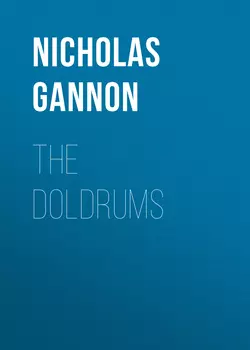The Doldrums

Nicholas Gannon
Тип: электронная книга
Жанр: Сказки
Язык: на английском языке
Стоимость: 920.59 ₽
Статус: В продаже
Издательство: HarperCollins
Дата публикации: 16.04.2024
Отзывы: Пока нет Добавить отзыв
О книге: Archer B. Helmsley longs for adventure. But how can he have an adventure when he can’t even leave his house?Archer B. Helmsley has grown up in a house full of oddities and treasures collected by his grandparents, the famous explorers. Archer longs for grand adventures but ever since his grandparents went missing on an iceberg, his mother barely lets him leave the house. So, along with his best friends, Adélaïde L. Belmont and Oliver Grub, Archer forms a plan to get out of the house and set off on a grand adventure with crocodiles and parachutes and danger. It′s a good plan. Well, it′s not bad, anyway. But nothing goes quite as they expected…